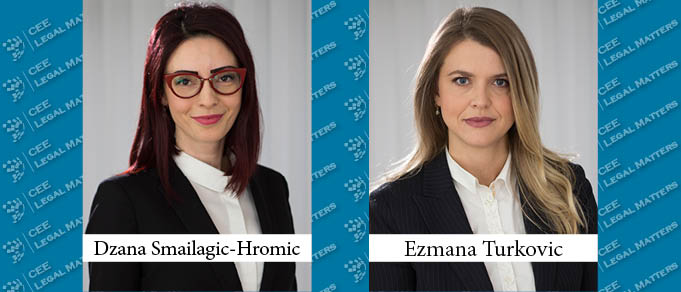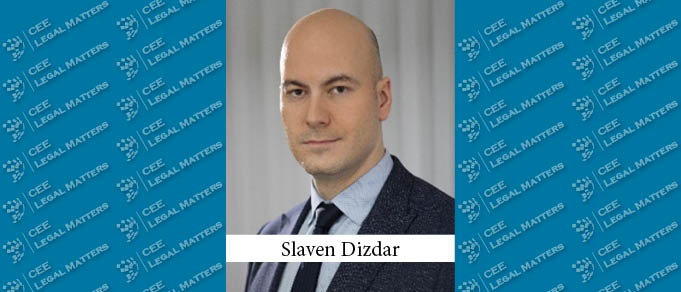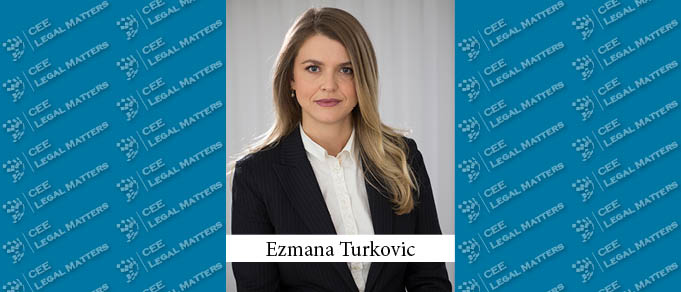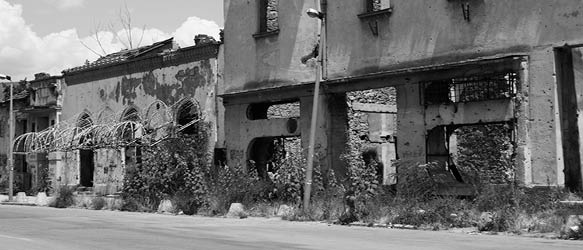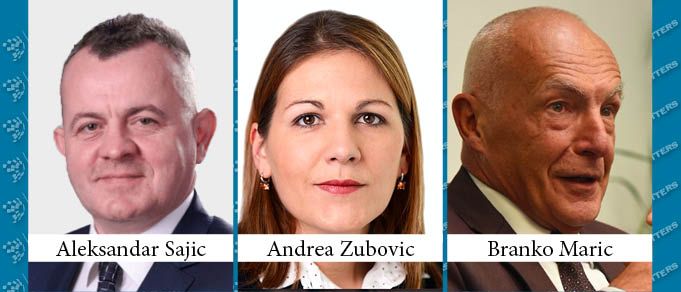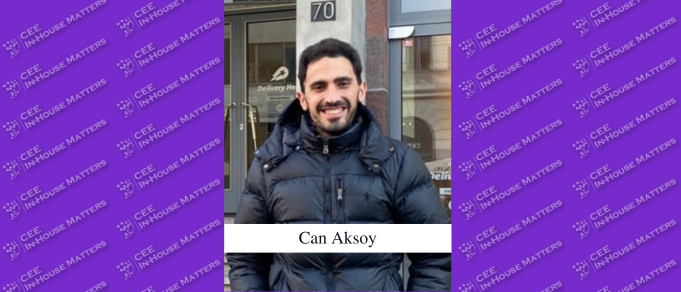Did you know that the CEE Q1 leaderboards are available through the Activity Rankings function of the CEELMDirect website?
Did You Know: CEE's Very Early 2024 Leaderboards
Did you know that the early 2024 deal leaderboards are already available via the Activity Rankings function of the CEELMDirect website?
Harrisons, Maric & Co, Lambadarios, Wolf Theiss, and Selih & Partnerji Advise on EUR 1.7 Billion United Group Refinancing
Harrisons, Maric & Co, Lambadarios, and Wolf Theiss, working with Linklaters, have advised a banking consortium led by UniCredit Bank London on the United Group's EUR 1.7 billion issuance of four tranches of senior secured and PIK notes as well as on the increase and extension of its EUR 410 million revolving credit facility. Selih & Partnerji, working with Paul Weiss, advised the United Group. Schoenherr, Koutalidis, De Brauw Blackstone Westbroek, and Elvinger Hoss Prussen reportedly advised the United Group as well.
Gecic Law and Maric & Co Successful for Arena Channels Group in Antitrust Case
Gecic Law and Maric & Co have successfully represented the interests of the Arena Channels Group before the Competition Authority and courts of Bosnia and Herzegovina in an antitrust case.
All Roads Lead to the EU: Bosnia & Herzegovina - More Distant Than Ever
According to Ibrahimovic & Co Managing Partner Adi Ibrahimovic, “the EU’s engagement with Bosnia and Herzegovina has gone through sporadic periods of intensifying cooperation and uncertain situations,” leading Dimitrijevic & Partners Partner Davorin Marinkovic to summarize the current status as: “frankly speaking, the public perception is that nobody actually knows.”
Domains in Bosnia and Herzegovina
According to the applicable legislation in Bosnia and Herzegovina (BH), domains are not considered as intellectual property rights (IP). The owner of the national domain .ba is the state of BH and any legal or natural person is considered a user of the registered domains, for as long as the yearly maintenance fees are paid regularly.
Individual Exemption of Distribution Agreements in Bosnia and Herzegovina
Distribution agreements are a necessary legal basis for any distribution chain across industries, and are very important both for the cooperation of companies within individual countries, and for the cooperation of distribution chain companies coming from different countries. In an attempt to retain or conquer the market, certain companies (manufacturers or main distributors) may try to restrict local distributors or wholesalers to selling only their products or to selling at certain prices, by imposing specific distribution conditions on them in (exclusive) distribution agreements. Most of those companies are not aware that such imposed distribution conditions are prohibited by law and that very high penalties are prescribed for such actions in Bosnia and Herzegovina.
Construction of New Small Hydroelectric Power Plants Under Question in Bosnia & Herzegovina
On June 23, 2021, the lower chamber of the Parliament of the Federation of Bosnia & Herzegovina, the House of Representatives, passed a decision instructing the Government to “analyze the existing legal framework in relation to the construction of small hydroelectric power plants and to initiate the parliamentary procedure of amending the existing laws in order to protect the rivers and the environment.” Such a broad and generic decision comes after months of campaigning by several NGOs, supported by local and Hollywood celebrities, aimed against the construction of SHPPs on Bosnian rivers, citing environmental concerns.
The Buzz in Bosnia & Herzegovina: Interview with Ezmana Turkovic of Maric & Co
Bosnia & Herzegovina is experiencing a boom in the tourism sector, feeding the steady recovery of the Balkan country, and which spells out good things to come, according to Maric & Co Partner Ezmana Turkovic.
Pharmaceutical Advertising Guide in Bosnia and Herzegovina
The Law on Medication and Medical Devices (Official Gazette no. 58/08) and the Rulebook on Manner of Marketing of Medicines and Medical Devices (Official Gazette no. 40/10) regulate the advertising of medicines and medical devices in Bosnia & Herzegovina.
Bosnia and Herzegovina: Construction Rights
Up until the adoption of the Laws on Property Rights in Republika Srpska (in 2008) and in the Federation of Bosnia & Herzegovina (in 2013), the only legal basis to obtain a construction permit and erect a lawful building was to first acquire ownership over the land on which the building is to be constructed, usually through a purchase agreement, as, according to the provisions of the applicable Laws of Physical Planning, as well as the general legal framework of Bosnia and Herzegovina, an investor must obtain construction rights over real property to obtain a construction permit for that property.
An Unusual Year in Review: Our Annual Expert Round Table
On December 15, 2020 CEELM gathered legal experts from across the region for its annual Year-in-Review Round Table conversation. In a wide-ranging discussion, participants shared opinions and perspectives on their markets, on strong (and less-strong) practices across the region, and the effect of the COVID-19 crisis on both, as well as on how technology is changing the legal industry, and what the industry will look like in 2021.
Practice Under Pressure: Bosnia Bounces Back
Part II of our Special Report on the Bosnian Legal Market before, during, and after the Bosnian War







